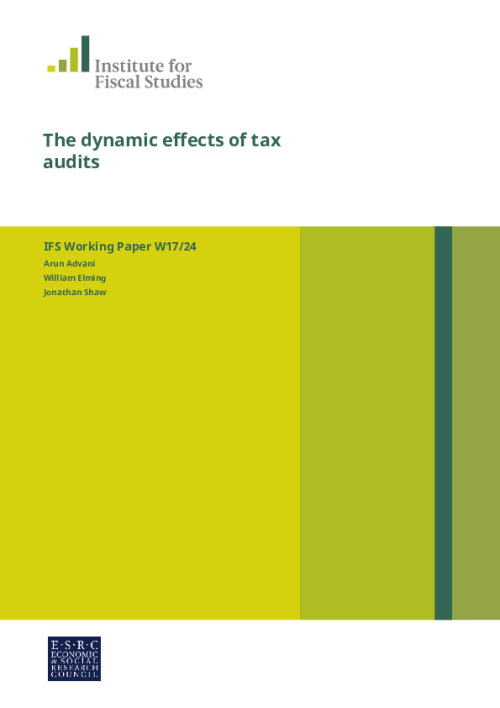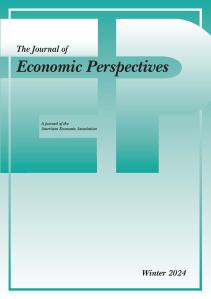Understanding tax non-compliance and the effectiveness of strategies to tackle it is crucial for a modern tax authority. In this paper we study how and why audits impact reported tax in the years after audit - the dynamic effect - for individual income taxpayers. We exploit data from a random audit program covering almost 35,000 income tax self assessment returns in the UK. We show that audits raise reported tax liabilities for at least five years after audit, with the magnitude of the impact declining over time. In total this raises an additional $1; 230 per audited individual in the five years after audit, 1.5 times the direct revenue raised from the audit. Looking by income source, we see that the magnitude of the initial impact is lower for income components which are third party reported, and the impact declines more quickly for components that are more volatile. We develop a model to allow us to distinguish different mechanisms that might explain the presence of dynamic effects, and show our findings can only be explained by audits providing improved information to the tax authority.












